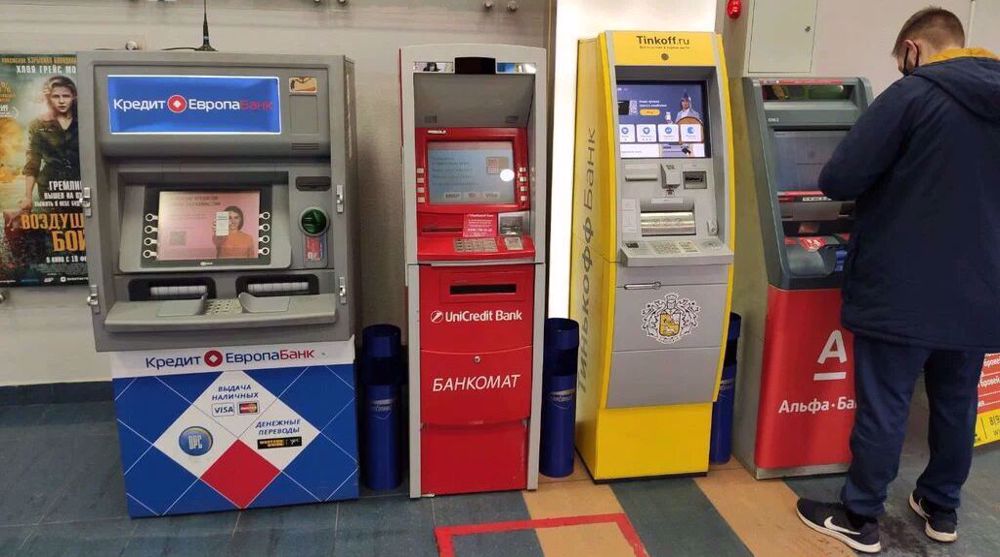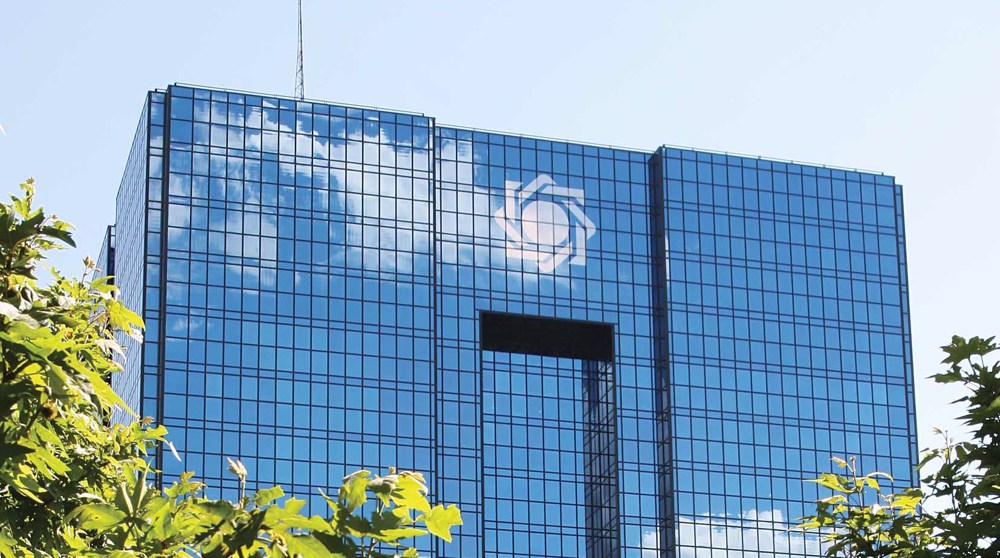Iran allocates $1.4bn to basic good imports in March-February
The Central Bank of Iran (CBI) says some $1.4 billion have been earmarked for basic goods imports in the months of March and February despite limits on the country’s hard currency resources because of US sanctions.
A senior CBI official said on Thursday that the allocation of the funds was in line with government policies to maintain a smooth flow of basic goods into Iran at a time of increased pressure on the country’s economy because of the coronavirus pandemic and the US bans.
Shiva Ravashi, who heads CBI’s Exchange Liabilities & Operations Department, said the lender had already paid $900 million of the funds to the importers.
Ravashi said the allocation process had started a month earlier this year compared to the previous years to ensure there would no disruption to grain and feed supplies into Iran.
The CBI has been grappling with tight foreign currency resources since 2018 when the United States imposed a raft of economic sanctions on Iran after it pulled out of an international agreement on the country’s nuclear program.
The bans have effectively cut off Iran from the international banking system, making it even difficult for the country to access its hard currency resources in other countries.
Iran has around $40 billion worth of funds in several countries for exports of crude and other products that took place before 2018.
Ravashi said the CBI provides the exchange needed for basic goods imports from proceeds of Iran’s non-crude exports as oil sales revenues have dropped to record lows amid US bans.
She suggested earnings from non-crude exports had increased in recent months, allowing the government to offer higher amounts of low-price foreign currency to importers of basic goods.
VIDEO | Beirut’s southern suburbs targeted in 'heavy' Israeli strikes
Haaretz: Over 10,000 Israelis have migrated to Canada this year
VIDEO | Press TV's news headlines
Official: Iran to respond ‘decisively’ to any threat to its nuclear program
Nearly 70 Mossad-linked terrorists killed or captured in southeast Iran
What collapse of German coalition government means
Iran, Syria emphasize need to stop Israeli atrocities in Gaza, Lebanon
Clinton whisked away amid pro-Palestine protest at Belfast university











 This makes it easy to access the Press TV website
This makes it easy to access the Press TV website